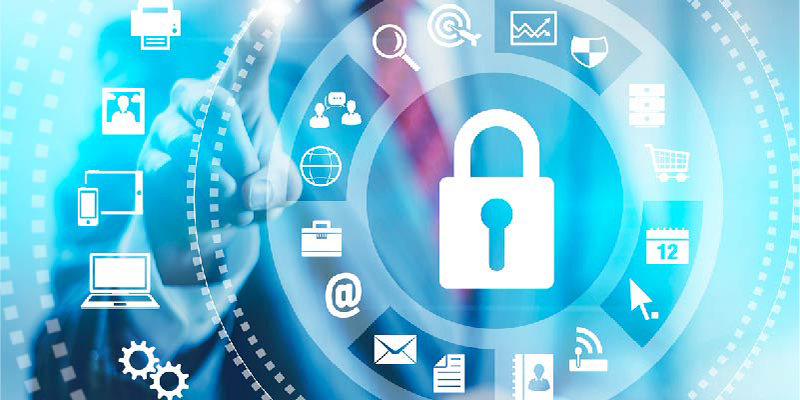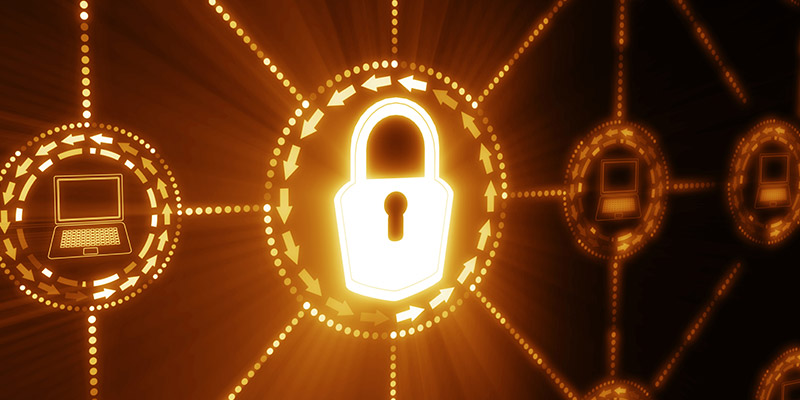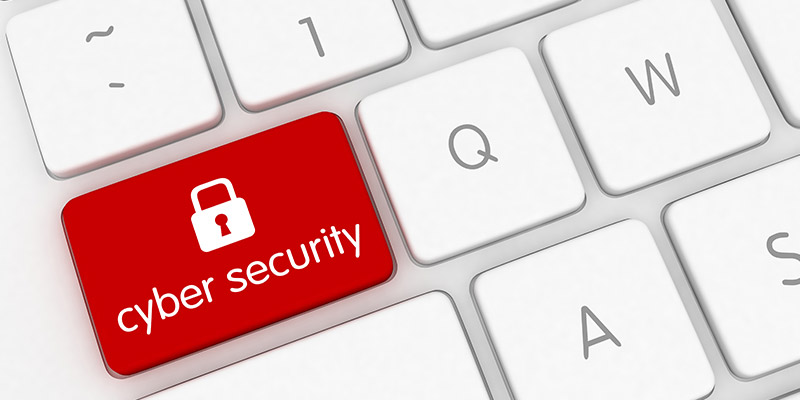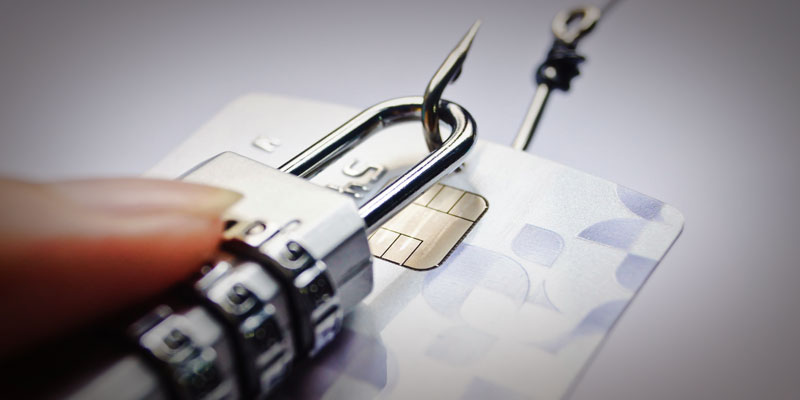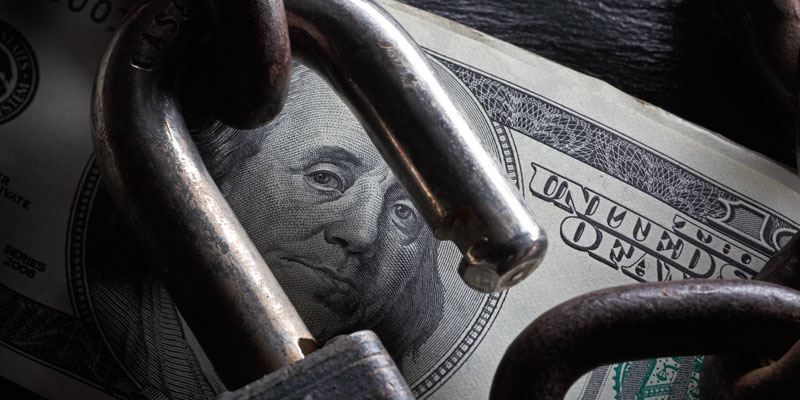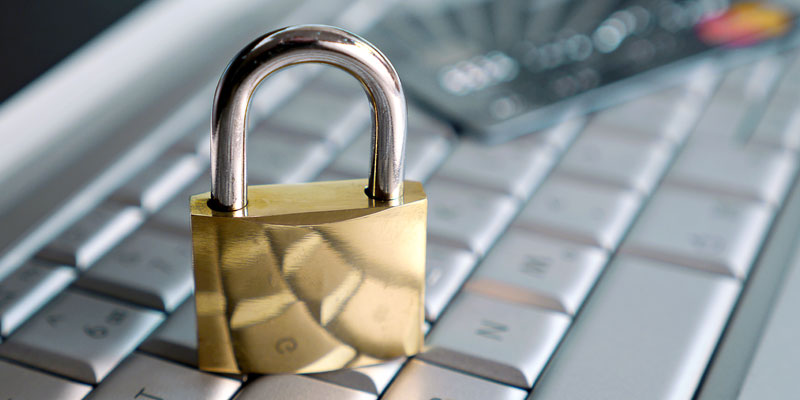Online security is important for your financial health, no matter the time of year. We’re here to provide you with some simple steps you can take to keep yourself safe during the busy fall months.
• Malicious greetings — Emails often invite recipients to click on a card, video, or animation. While some are harmless, cybercriminals can imbed viruses and spyware in them; open all file attachments and URLs with care.
• Phishing for friends — Social media is often where phishing attacks take place. Think twice about adding friends you don’t really know and never divulge personal data to anyone online.
• Devices gone missing — Annually, thousands of travelers will lose their laptops, smartphones & tablets during the coming months. Therefore, it’s wise never to leave a boarding gate, vehicle, or security checkpoint without taking a mental inventory of your electronics.
• Dangerous downloads — Always use common sense when downloading games, file-sharing tools, streaming clients, and other third-party apps. Deploy anti-virus software to detect malware.
For more information regarding how your credit union is working to guard your resources, please visit us here.

